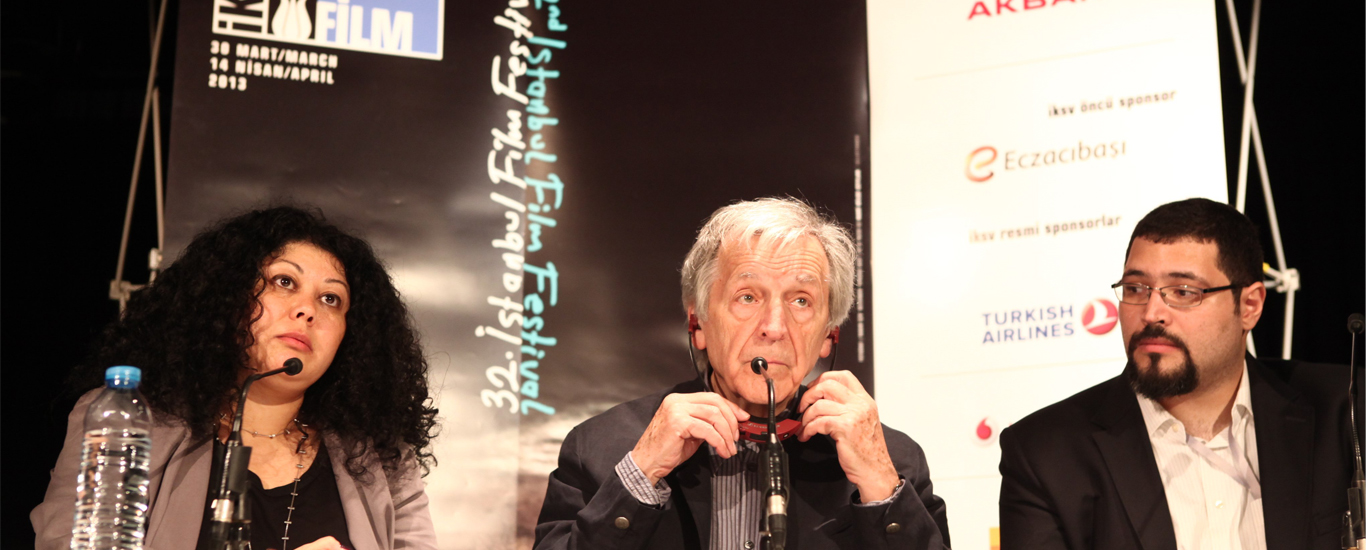Master of politically themed films was practically born into politics: Costa-Gavras has spent his teenage years during World War II in a village in Greece, where his father was a member of the resistance, who was imprisoned after the war as communist. His father’s condition prevented him from joining university in Greece, whereupon he started his education in law in France, and continued studying filmmaking at the IDHEC in Paris. Who can deny that the Elias character in his film Eden is West (2009) does not reflect his experiences of those days as a new immigrant while tackling the issue in general. The first step of his film career comes following his work as assistant to a master, René Clair. His debut is Compartiment Tueurs / The Sleeping Car Murders (1965). With his lead actor Yves Montand, he makes the three significant films that have become the epitomes of his political films: Z, L’aveu / The Confession and L’état de siège / The State of Siege. The peak of his career is Missing which shared the Palm d’or with Yılmaz Güney–Şerif Gören’s Yol in 1982. Later winning the Best Adapted Screenplay Oscar, Missing told the story of a father looking for his son who had “disappeared” under custody in Pinochet’s Chile. Gavras frequently revisited the central issues in Missing –the abuse of power, fascism, corruption, human rights abuses... He tackled these universal issues, and conveyed political messages while not giving up commercial values that embrace wider audiences. In this sense, among his targets was the Catholic Church in Amen, and global powers collaborating with banks in his latest work Capital - in the festival program this year. Thankfully, Costa-Gavras is still not finished dealing with the vicious system.









